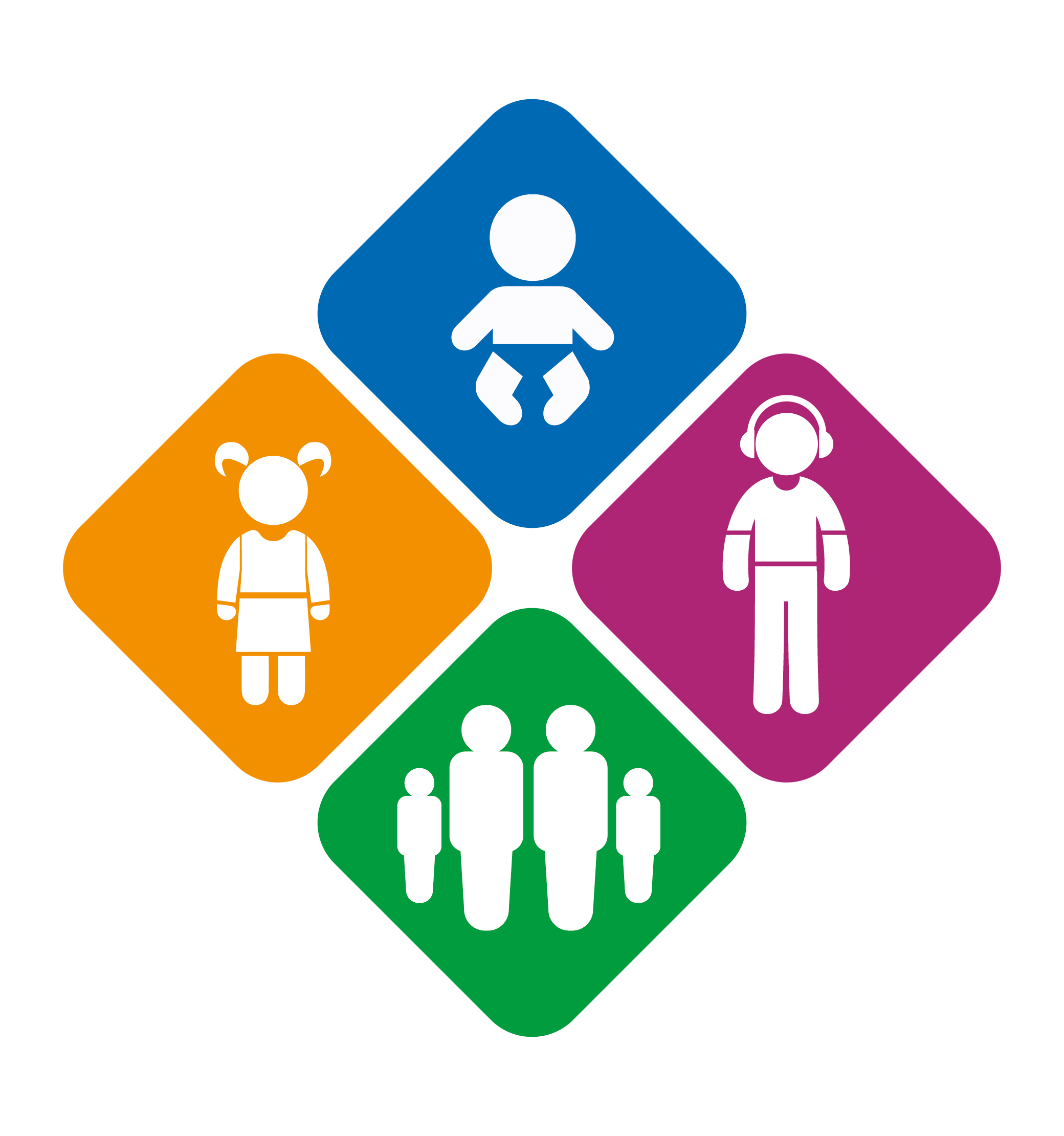
Parents are central to helping children develop and as their greatest teacher and role model we want to work together with you make sure all children feel happy, cared for, safe and ready to learn.
As part of our planning we asked families accessing Let's Play sessions what they would like to know more about to support their child to be school ready.
School readiness can mean different things to everyone.
The first 5 years of a child’s life are vital in laying the foundations for lots of different skills that are important when a child is starting school and beyond!
A number of organisations have come together and created a website and leaflet with an array of information and resources to support parents and families with their child's development and exploring how you can support your child in the first 5 years of their life.
Starting Reception - pdf
Parents attending our Let's Play sessions shared their worries about teaching their child to read or write before starting school. We explored what school readiness can mean and how as long as parents and key adults are supporting key skills in self-care and self-regulation the rest will come in time!
The document below was created to bust some of these common myths and make sure that parents/carers, practitioners and schools in Cheshire West and Chester had a shared understanding of what it meant for children to 'school ready'.
Cheshire West and Chester School Readiness Booklet - pdf
Lots of parents wanted to know more about what their child will need to be able to do for themselves by the time they start school. Its important to remember that all child develop at different rates but there are some things you could practice at home together to get started:
- Chat together throughout whilst doing daily routines, this will help your child develop the skills to communicate when they are hungry and want something to eat or when they are tired and need a rest.
- Encourage your child to practice washing and drying their hands by them self including turning the tap on and off and getting their own soap!
- Practice putting on and taking off their own coat and finishing off doing the zip when you start it. (try the coat flip trick!
YouTube Video by: 'KinderCare Learning Centres'
- Practice opening and closing their snack box and use cutlery independently to feed them self.
- It might be useful to practice simple routines to help them do things independently - putting on own shoes, taking off and putting on jumper/cardigan.
- Think about letting your child choose what they want to play with and share their ideas with you.
- Explore and use use tools like scissors, spoons, and hammers to do different things together.
- Get creative and use lots of different things like paint, paper, and wool to make a picture using the materials.
- Encourage your child to try new and different things to help them develop a sense of self and what they like doing more than other things eg I may like painting and drawing more than dancing or singing.
Using the Toilet Independently
One of the most common topics requested by parents was how to support their child to use the toilet independently, including how to teach your child to wipe themselves. We have collated some useful resources that will give you lots of ideas to help at home:
Having Difficulty with Bottom Wiping - pdf
Toilets and School Readiness - pdf
Learning Bottom Wiping: A Step-by-Step Guide - ERIC
Sensory Needs and Toileting - ERIC
Vimeo Video by 'ERIC Charity'
Communication
If you have any worries about your child's communication and language skills there are lots places you can get advice and support.
Starting Well are here to answer any questions you may have, just contact our duty teams and we will be able to offer advice and signpost you to a range of services at the children's centre or in your local community that can help.
Here are some useful resources to support your knowledge about your child's communication and language and how you can support them in readiness for school through play at home:
Ages and Stages - Speech and Language UK
Help Your Child to Learn New Words - Speech and Language UK
Home Activities (3 - 4 Years) - Words For Life
How To Be A Super Communicator - Tiny Happy People
Reading With Your Child 3-4 Years - pdf
Understanding and supporting your child's emotions
When children start school it can be helpful for them to be able to express how they feel and what they need to the key people around them. When children feel safe and secure with the people and environment around them they are more likely to play, communicate and learn.
As your child's brain continues to grow and develop they will feel some strong emotions and don't always know how to manage these. This is normal and to be expected as they start to understand the world around them, however there are some things that you as their parent can do to support them through these big emotions and model how to regulate these feelings or learn ways to express themselves.
YouTube video by: 'Welsh Government'
Common Difficulties - Anna Freud
Support Your Child's Emotional Literacy - Parent Talk
Positive Parenting - pdf
Big Feelings and Big Behaviours (Tantrums) - pdf
Promoting Young Children's Self-regulation Skills Through Play - pdf
There are many organisations who can support with information and strategies to prepare you, your child and their educational setting, ensuring a smooth transition and setting them up for future success.
These include:
Useful links:
Speech and Language Needs and Disabilities - Tiny Happy People
Autism and Transitions – A Parent Guide - pdf
Useful links:

